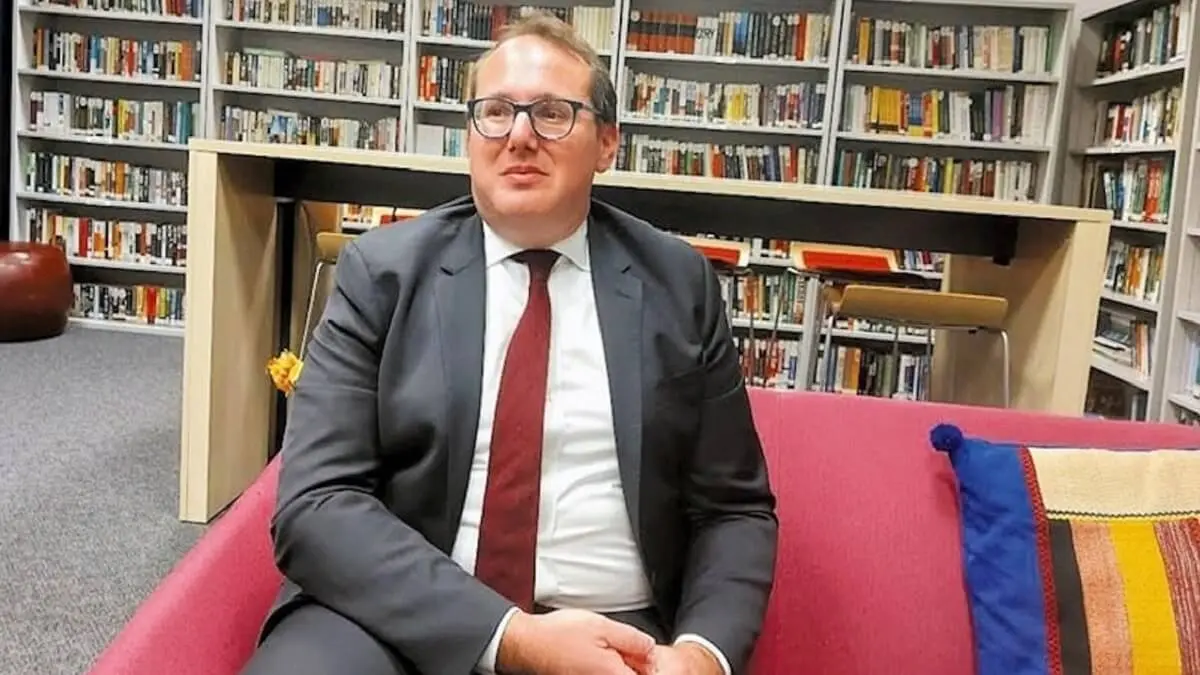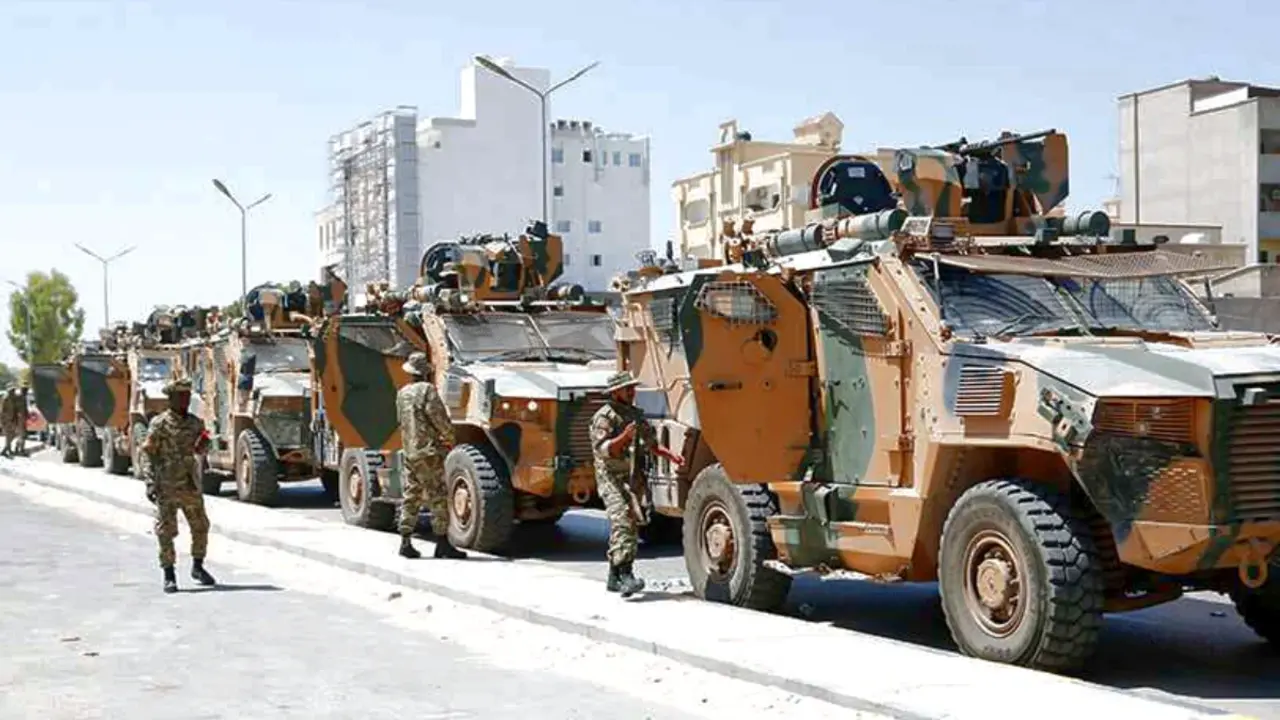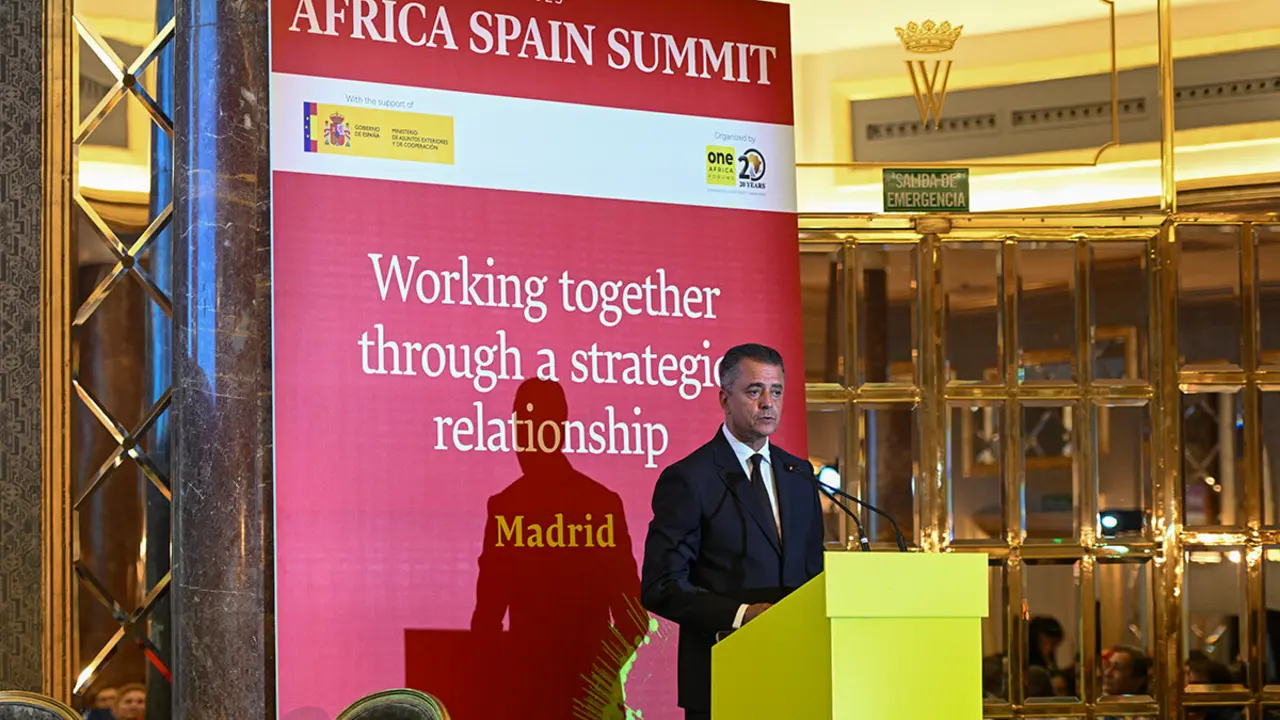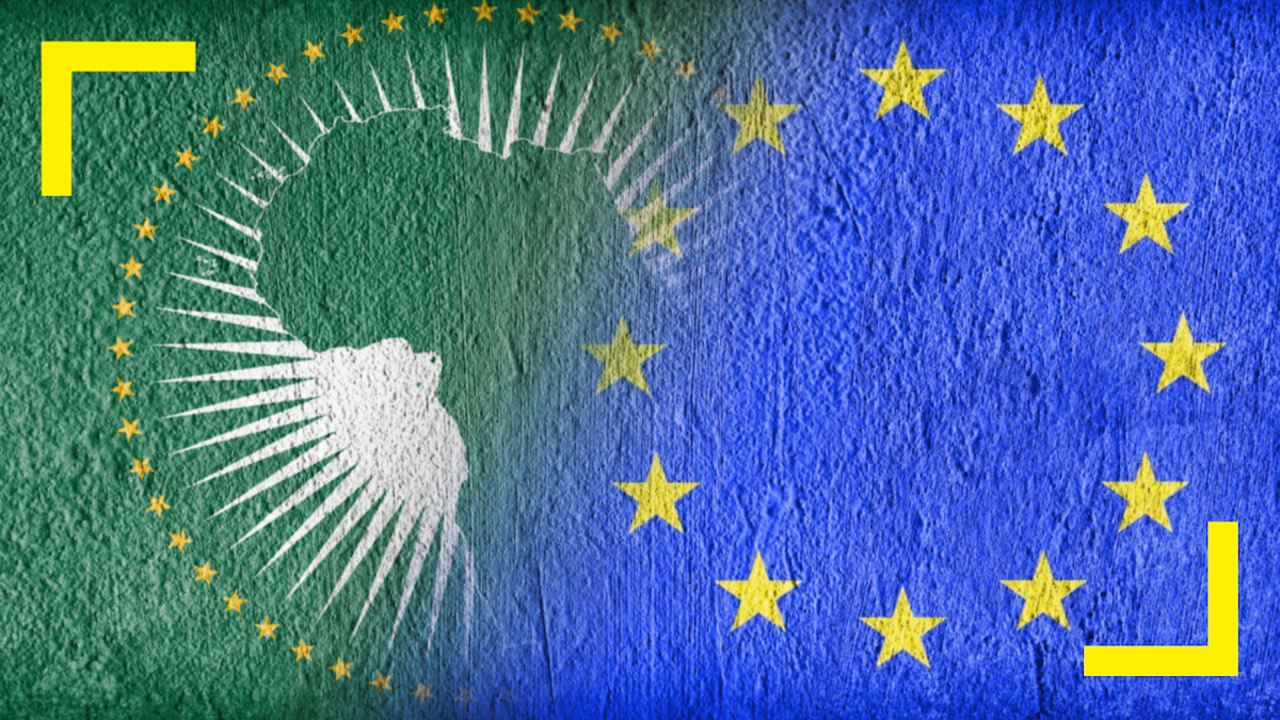Algerian-American conflict: diplomatic intervention by Washington

On Wednesday December 6, a tweet from the US Department of Near Eastern Affairs announced on X the arrival in Algiers of Joshua Harris, Assistant Secretary of the US State Department for Near Eastern Affairs "to begin a series of consultations with Algeria and Morocco on promoting regional peace and intensifying the UN political process in Western Sahara in order to achieve a lasting and dignified solution without further delay".
This is the second visit to the region by this high-ranking American diplomat, after the one last September. This shows how seriously the US administration takes the conflict situation, which suits no one but those who maintain it by refusing any negotiation or solution to a false problem that has lasted 48 years.
No official source in Algeria or the media breathed a word about the event. This is a significant event, since it aims to put an end to a conflict that has lasted for almost half a century, and which over the last two years has taken on disproportionate proportions, marked by the breaking off of diplomatic relations, the closure of airspace between the two countries and the closure of land borders. These measures were taken unilaterally by the Algerian side, without prior notice and without the slightest sign of an escalation in the 48-year-old Algerian-Moroccan dispute.
The silence observed by Algiers on Joshua Harris's visit expresses the embarrassment of its leaders, who have rejected, without citing the slightest reason, any good offices initiative attempted by friendly countries, notably Saudi Arabia and Qatar. Just as they ignored the outstretched hand of the King of Morocco, who, in his 2020 Throne Speech, invited his "Algerian brothers" to engage in frank and fraternal dialogue by gathering around a table and discussing all the issues that might be at the root of the escalating dispute.
The King of Morocco went so far as to accept an invitation to attend the Arab summit in Algiers in November 2022. An invitation hastily delivered by the Minister of Justice to the Moroccan Minister of Justice, as if to accomplish a simple formality that no one wanted to see through. However, the Alawite sovereign, who has not attended an Arab League summit since Algiers 2005, had sent a delegation from the royal protocol office to Algiers to prepare for his arrival. This delegation returned to Morocco empty-handed, having been refused coordination by the Algerian protocol services. And to think that both the Algerian and Moroccan people were pinning their hopes on this Arab summit to see the inexplicable tension between the two countries ironed out once and for all.
Inexplicable it is. For, to date, Algerian officials have not given the slightest reason for their hostility towards Morocco. All we know is that they make no link between their hostile attitude towards Morocco and their support for the separatist movement, which they alone finance and arm. Algiers has always made it clear that it has nothing to do with the Sahara affair, which "remains, according to the Algerian authorities, a problem between Morocco and the Polisario".
The Algerian-Moroccan dispute over the former Spanish colony dates back to 1975. A dispute that quickly turned into a crisis that was thought to be temporary. A crisis that began to fade over the years after the Chadli Benjedid-Hassan II meeting at the Akid Lotfi border post on the Algerian side and the Zoudj Bghal border post on the Moroccan side, under the auspices of Saudi Arabia's King Fahd, and the visit of King Mohamed VI to Algiers in 2005.
Suddenly, with the arrival of the Tebboune-Chengriha duo at the helm of the Algerian government, the crisis between the two countries flared up again in 2021. Without the slightest justification, diplomatic relations were broken off and airspace was closed, in an electric atmosphere that foreshadowed an armed conflict with disastrous consequences. Obviously, and as everyone knows, these measures were taken unilaterally by Algiers without any prior notice.
To the goodwill of those who tried to mediate through the good offices of friendly countries, Algiers refused categorically, going so far as to arouse the discontent of the countries of the Arab Gulf. These countries have no hesitation in regularly issuing warnings to Algiers, expressing their unwavering support for Morocco, with which they claim to be associated in defending its territorial integrity. Worse still, Algeria is now totally isolated on the Arab scene.
Having alienated the Arab countries, would Algiers go so far as to reject American mediation in its conflict with Morocco? It's very difficult to take the plunge at a time when we're angry with Russia, our historic ally, for not advocating Algeria's admission to the BRICS.
Russia takes a dim view of the Algerian-American military rapprochement, which recently resulted in agreements between the two countries at the close of the bilateral defense cooperation meeting held in Washington from December 4 to 6. During the same meeting, the Algerian delegation led by Major General Mounir Zahi agreed with the Acting U.S. Under Secretary of Defense for African Affairs to explore the possibility of the Algerian army purchasing U.S. equipment.
It is not in the interest of Algerian leaders to tarnish this rapprochement with the United States of America by refusing their mediation in a conflict that has no raison d'être. Even if the Americans don't go out of their way to address the conflict situation in the North African region by limiting it to the two main belligerents, Algeria and Morocco, without any other third party. Especially not the Polisario, which is completely ignored by the Americans.









